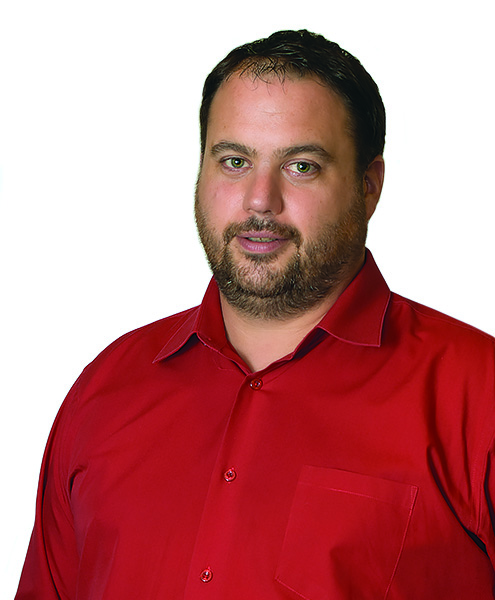 Dr. Peter Keech
Dr. Peter Keech
Manager, Engineered Barrier Science
Nuclear Waste Management Organization (Canada)
Date: November 30, 2022
Time: 1000–1100h ET
Sponsors: BioLogic, Hiden Analytical
 Dr. Peter Keech
Dr. Peter Keech
Manager, Engineered Barrier Science
Nuclear Waste Management Organization (Canada)
Date: November 30, 2022
Time: 1000–1100h ET
Sponsors: BioLogic, Hiden Analytical
 The Electrochemical Society hosted Dr. Wesley Dose’s live webinar, “Challenges Facing Li-ion Battery Electrolytes and High-energy Cathodes,” on September 21, 2022. Dr. Dose took audience questions during a live Question and Answer session at the end of the presentation. He kindly answered, in writing, questions not answered during the broadcast. Find these responses below.
The Electrochemical Society hosted Dr. Wesley Dose’s live webinar, “Challenges Facing Li-ion Battery Electrolytes and High-energy Cathodes,” on September 21, 2022. Dr. Dose took audience questions during a live Question and Answer session at the end of the presentation. He kindly answered, in writing, questions not answered during the broadcast. Find these responses below.
NOTE: Registration is required to view the webinar.
 The Electrochemical Society hosted Dr. Judy Jeevarajan’s live webinar, “Characterization of Li-ion Battery Thermal Runaway in ESSs and EVs,” on August 3, 2022. Dr. Jeevarajan took audience questions during a live Question and Answer session at the end of the presentation. She kindly answered, in writing, questions not answered during the broadcast. Find these responses below.
The Electrochemical Society hosted Dr. Judy Jeevarajan’s live webinar, “Characterization of Li-ion Battery Thermal Runaway in ESSs and EVs,” on August 3, 2022. Dr. Jeevarajan took audience questions during a live Question and Answer session at the end of the presentation. She kindly answered, in writing, questions not answered during the broadcast. Find these responses below.
A video recording of The Pacific Northwest Hydrogen Workshop webinar is now available for open-access viewing on the ECS YouTube channel.
The Society and ECS Pacific Northwest Section hosted the workshop on July 21, 2022. This timely event covered:
Dianne Xiao
Assistant Professor
Department of Chemistry
University of Washington
Date: August 17, 2022
Time: 1000–1100h PT
Price: There is no cost to register for this event, but registration is required.
The webinar is open to the public; ECS membership is not required.
The Electrochemical Society hosted Dr. Luis Fernando Arenas’ live webinar, “Flow Cells: Advanced Electrodes via 3D Printing and Tomography,” on July 20, 2022. Dr. Arenas took audience questions during a live Question and Answer session at the end of the presentation, and was kind enough to answer, in writing, questions he was not able to get to during the broadcast. Read his responses to these questions below.
View Dr. Luis Fernando Arenas’ WebinarKarthish Manthiram
Professor of Chemistry and Chemical Engineering
California Institute of Technology, U.S.
Date: April 20, 2022
Time: 1000h ET
Sponsors: Hiden Analytical, Royal Society of Chemistry, Cell Press
Ahmet Kusoglu
Chemist Staff Scientist/Engineer
Lawrence Berkeley National Laboratory, U.S.
Date: March 23, 2022
Time: 1300h ET
Sponsors: Hiden Analytical, Element Six, TA Instruments – Waters
Bryan Pivovar
Senior Research Fellow and Electrochemical Engineering and Materials Chemistry Group Manager
Chemistry and Nanosciences Center
National Renewable Energy Laboratory, U.S.
Date: February 23, 2022
Time: 1000h ET
Sponsors: Hiden Analytical, Scribner Associates, Gamry Instruments